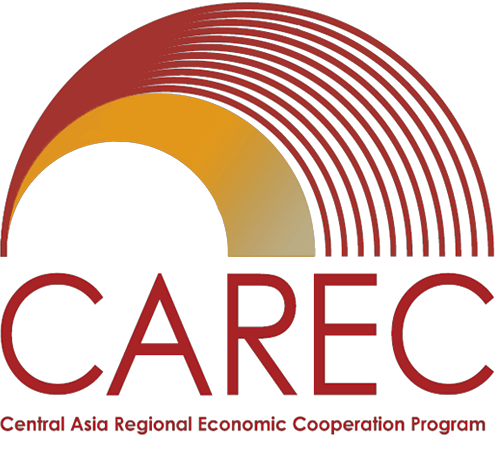Management and Disposal of Polychlorinated Biphenyl in the Kyrgyz Republic
Summary
The project will provide the Kyrgyz Republic with the tools to achieve effective compliance with respect to its obligations to the Stockholm Convention on Persistent Organic Pollutants and the objective of substantively minimizing the environmental and health risks, both local and global. Polychlorinated Biphenyls (PCBs) are a class of synthetic organic chemicals. PCBs were one of the initial 12 persistent organic pollutants (POPs) covered by the convention with specific control measures, and specification of national obligations of parties for POPs management, generally, and PCBs, in particular. The Kyrgyz Republic signed the Convention in May 2002 and acceded to in July 2006, becoming a formal party and assuming the obligations it entails.
Expected Outcome
Sustainable development principles integrated into poverty reduction policies and programs
Expected Outputs
- The Coordination Body for Sustainable Development is able to design and implement priority environmental management and sustainable development initiatives
- Expanded collaboration between key stakeholders in the area of environmental management for sustainable development on national and subregional levels
- Increases institutional capacity to implement international conventions and agreements
- New financial mechanisms and partnerships are introduced for environment protection and conservation
Project Types
Technical Assistance
Funding
| Funding Agency | Amount (USD millions) | Notes |
|---|---|---|
| United Nations Development Programme | 1.065 | |
| Total | 1.065 |
